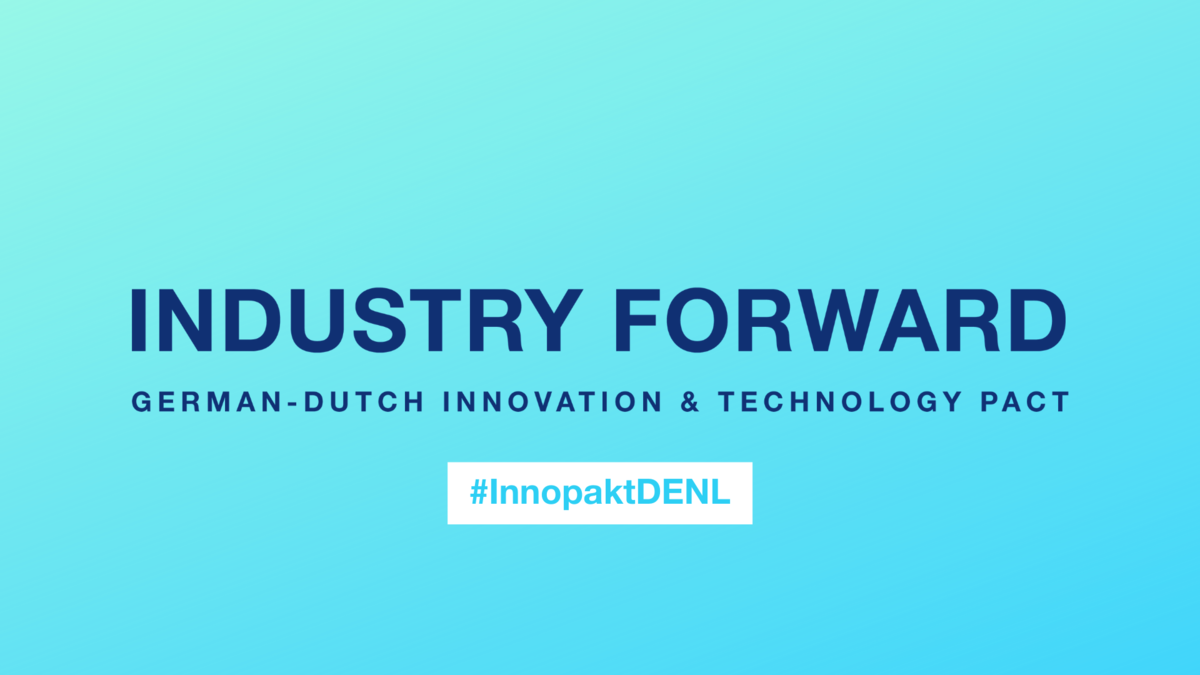
© Unsplash
Research and innovation: investing in Europe's future
EU research and innovation policy reflects the major social, economic and political challenges facing Europe. Issues such as digitisation, innovation, health, food and energy supply influence the content and organisation of research and development in the EU. Research and innovation are fact finders and problem solvers. They provide the basis for political strategies and recommendations for action.
European internal market for research
EU research policy can be divided into two dimensions. The primary objective is to promote cooperation between Member States on common issues and to coordinate national research policies. Since 1984, the first dimension has developed into the so-called EU Framework Programmes for Research and Innovation. Here, the EU budget funds concrete research and innovation projects across the borders of the Member States and with partners from all over the world. The 9th Framework Programme for Research and Innovation Horizon Europe is currently being negotiated in Brussels. The BDI is actively contributing its expertise to the negotiations. The second dimension of EU research policy is the European Research Area (ERA). The European Research Area serves to create a single internal market for science and research in Europe. This is intended to improve the coordination of national research systems in the EU Member States.
Horizon 2020: World's largest research funding programme
Horizon 2020, the current 8th EU Framework Programme for Research and Innovation, is the world's largest research funding programme with a budget of the equivalent of around 10.7 billion euros per year. However, this budget is only a fraction of what the EU Member States spend on research and innovation. For example, expenditure on research and development in Germany rose from €9.0 billion in 2005 to €16.6 billion in 2017 (source: BMBF). However, the ERA plays an important role in its coordinating function between the individual national research and innovation systems of the European Member States.
German industry leading in European research and innovation policy
German industry and German research-based companies play a central role in European research and innovation policy. Innovations serve to translate research results into new services and products in order to remain competitive on the global market - and to improve the quality of life of European societies. It is the research-based companies in our country, as well as highly innovative start-ups and SMEs, which are the main actors driving this process. But this requires the appropriate European political framework conditions.
German industry is convinced that research and innovation are the keys to the future viability of Germany and Europe. European research and innovation policy is the central lever for promoting Europe's economic strength and competitiveness. Research and innovation help to increase the market shares of companies and create new, qualified jobs. But there is much more to it than that: only innovative research and development can create new markets and business models in the first place. These innovations also ensure prosperity in Europe for present and future generations. In addition, the research-based companies provide the technological solutions to the social challenges of today and tomorrow - be it climate change, cybercrime or COVID-19.
The EU Commission and the EU Parliament urgently need to prioritise research and innovation in the political agenda for the 2019-2024 legislative period so that Europe can continue to play a leading role in the world and provide solutions to global societal challenges. This is particularly important given the massive investment in science and technology in key competitor countries such as the US, China, Japan and Singapore.
The BDI has therefore drawn up core demands and concrete proposals for improvement for European research and innovation policy for the EU legislative period 2019-2024 along the three fields of action of public investment, innovation-friendly regulatory environment and cooperation.
German-Dutch Innovation and Technology Pact
Virtual Signing on January 21, 2021

As neighbours and major export nations, Germany and the Netherlands have a long tradition of close economic and energy cooperation, and their economies are particularly closely integrated. The Innovation Pact builds on the results of the last German-Dutch intergovernmental consultations, which took place in Berlin on 2 October 2019.



